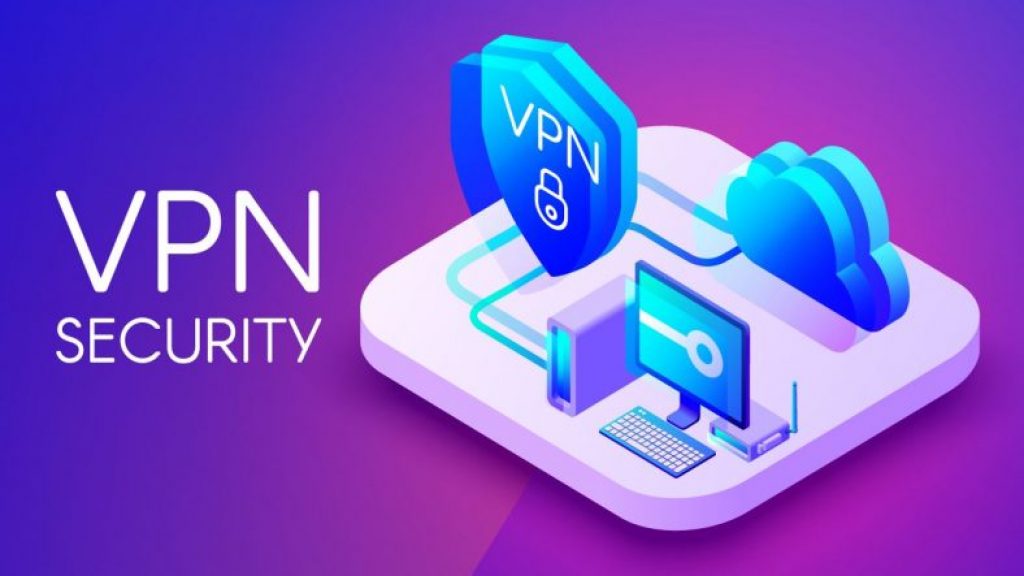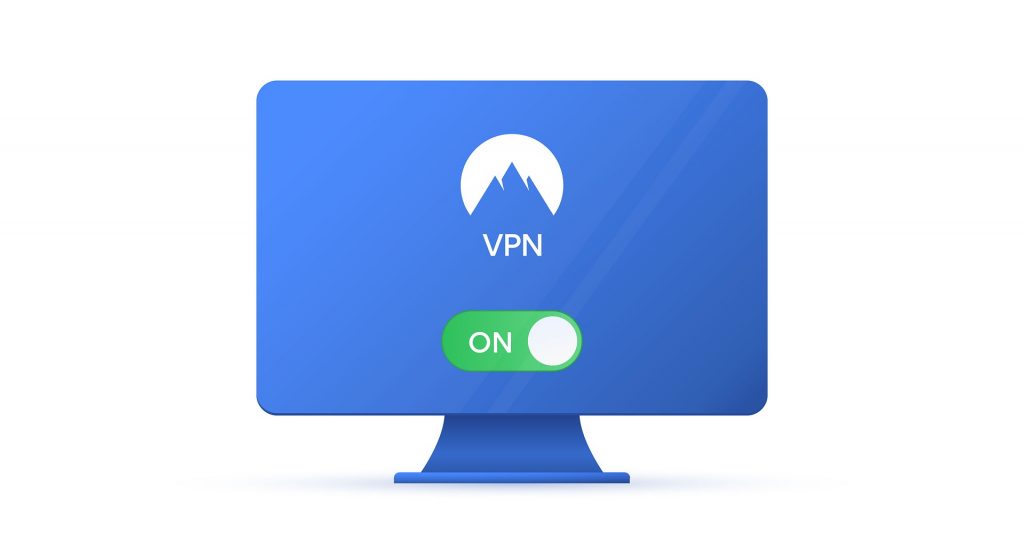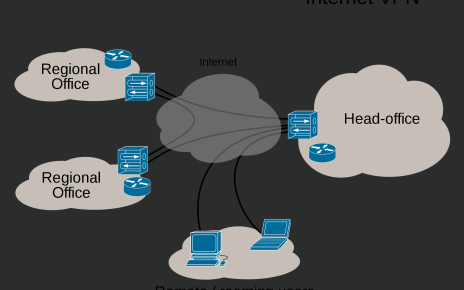The core technology underpinning all of the VPN services like VyprVPN and Surfshark VPN primarily stays the same. That is, all of them constitute a global network of servers, give virtual IP addresses to their customers, allow the spoofing of locations, and apply data encryption. Then why does so many VPNs exist nowadays if they are comparable in terms of service and value? To start, there are several additional variables that greatly separate VPNs from one another. These characteristics do not directly influence the VPN’s operation, but rather affects the VPN service’s general quality. Hence, understanding these characteristics is crucial for you to understand prior to buying a VPN subscription. This article will guide you on how to choose the best VPN service provider that will work best for you personally. Without further ado, let’s start:

- Look for free trial periods
Most VPNs nowadays provide a free trial period that allows consumers to test the whole paid VPN experience for free. But what counts here is the period for which the provider enables the consumers to analyze a VPN’s functionality. This trial time may vary from a measly 3 days period, a whole week, a month, or even up to 45 days for some generous VPN companies.
When choosing a VPN service provider, you should not just rely on reviews and recommendations. Rather, you should take advantage of the free trial offers to use a VPN for free to your heart’s content. Therefore, we recommend you use a VPN regularly for the entirety of its trial period. At the end of the trial period, see if you are satisfied with the speed of the VPN connection. You should also check if the VPN have all of the features that you need, and other extras that you might find useful. A 3 day trial is not enough to experience every a VPN has to offer, so you should try a VPN for at least a week to fully explore it. With that said, we recommend you try a VPN service for 30 days. A month long period will allow you to have a comprehensive understanding of a VPN service, including its advantages and disadvantages.
- Compatibility with the apps and devices that you use
Nowadays, the majority of VPN users possess numerous devices. As a result, they must secure every device from internet privacy intrusions, which requires the use of a VPN. As a result, a large number of VPN service providers deliver compatibility for several platforms, applications, and devices. However, several VPNs are market leaders in this space because of their extensive integration with specific applications. Others want to remain simple in this regard and instead give their consumers a VPN router client.

As a general rule, go with a VPN that offers extensive support for the devices and applications that you are frequently using. If you are using an Android device, for example, the VPN provider you choose should have an app at the Google Play Store.



